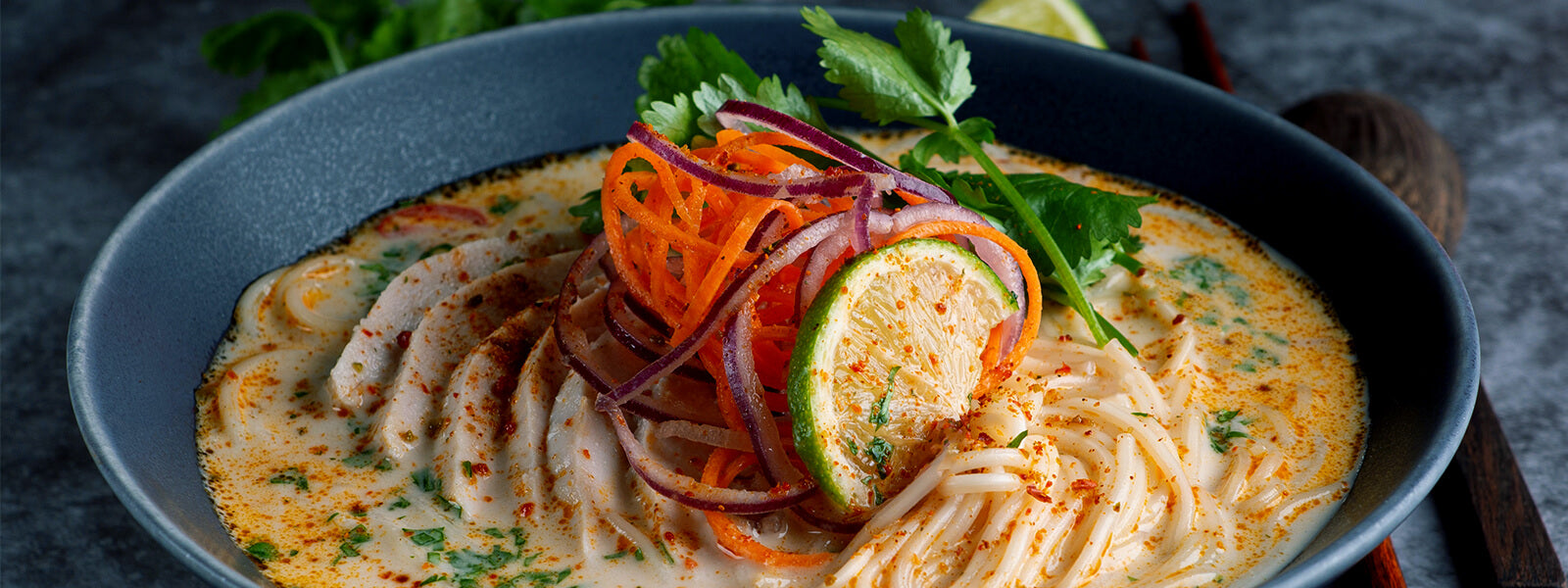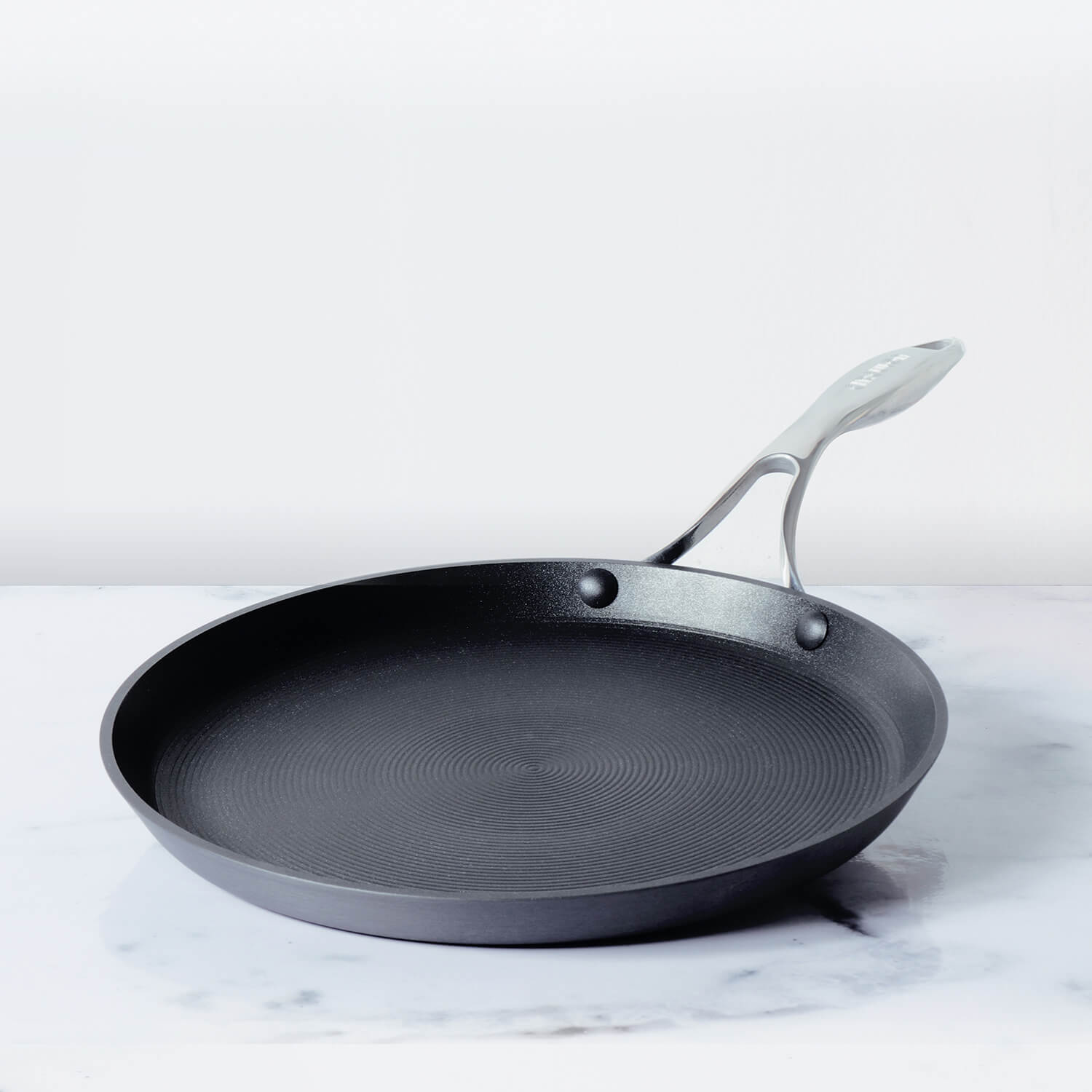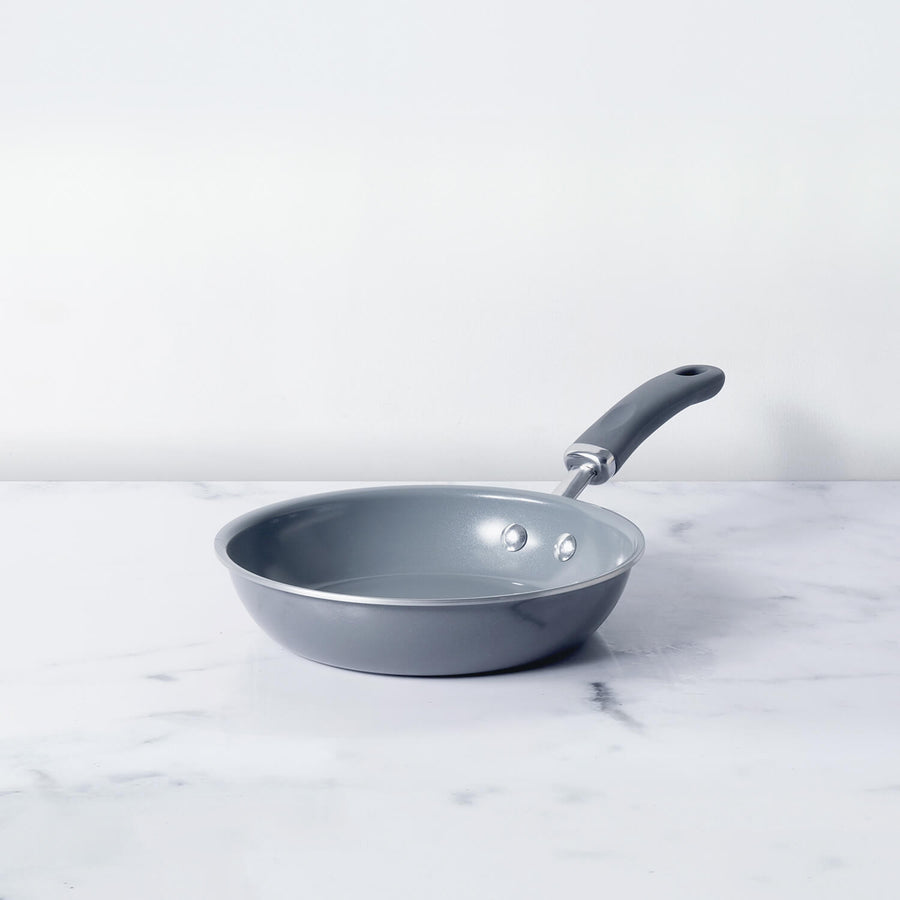Cumin is a spice made from the dried seeds of Cuminum cyminum, a plant in the same family as parsley. Cumin is one of the most popular spices. It is used in many different kinds of food, like Latin American, Middle Eastern, North African, and Indian. It can be bought both as whole seeds and as ground powder.
Table of Contents
How does cumin taste?
Cumin smells tangy and musty, and it tastes warm, earthy, and a little bit bittersweet. It also gives the dish hints of smoke, salt, and a little citrus.
What is cumin?
Cumin is a spice that is made from the dried seeds of a plant in the parsley family called Cuminum cyminum. Cumin seeds are brownish-black in colour and have the same shape as caraway seeds, which are thin and shaped like boats.
Origin of cumin:
Cumin has been around for more than 4,000 years. It is an ancient spice that was grown in the Middle East and Egypt. It was even used to preserve mummies. Ancient records also say that the Greeks and Romans used it a lot, and so did the Indians. The Europeans also brought it to Mexico and South America when they settled there.
What is ground powder?
Cumin powder, also called ground cumin, is made from ground cumin seeds. In Hindi, it is called "Jeera Powder." Ground cumin is a major ingredient in other popular spice mixes like garam masala, chilli powder, taco seasoning, berbere, and curry powder, just to mention a few.
Cumin seeds Vs ground cumin:
The biggest difference between cumin seeds and ground cumin is how they are used in recipes, especially Indian food.
At the start of making a dish, whole cumin seeds are added as a way to "temper." The whole seeds are cooked in hot oil to extract their smell and taste, which also flavours the oil and the other ingredients.
Ground cumin is used as a seasoning. It is usually mixed with a number of other ground spices and added to a dish to make it taste better.
Health benefits of cumin powder:
- Promotes Digestion
One of the best herbs for the gut is cumin. It makes the pancreas make digestive enzymes. Cumin contains thymol and essential oils that make the salivary gland work harder. This makes it easier to digest food. People with a weak digestive system should drink jeera water first thing in the morning on an empty stomach to help their digestive system and stop flatulence.
Cumin is also carminative, which means that it relieves gas and helps with digestion and appetite. When the tea is mixed with hot water, the magnesium, sodium, and essential oils in it help relieve stomach aches.
- It can help with bleeding intestines.
Cumin has antifungal, antibacterial, and gas-relieving properties. It is also a good source of fibre. Cumin aldehyde and pyrazines, which are found in jeera's essential oils, work as a natural laxative, help heal infections or wounds in the digestive system, and ease the pain of haemorrhoids.
- Weight Loss
Cumin not only helps you lose weight quickly, but it also improves your body's fat profile by lowering the amount of harmful lipids in your blood.
- It helps prevent cancer.
Cumin can get rid of toxins and stop cancer from spreading. Cumin's active ingredient, cumin aldehyde, helps slow the growth of tumours.
- Helps people sleep
The essential oils in cumin make you feel calm because they are hypnotic. This helps get rid of stress and worry, which are often what keep people from sleeping. Melatonin is the hormone that controls sleep. Jeera also has a lot of iron and magnesium, which are all important for controlling brain activity and going to sleep on time.
- It's good for colds and asthma
The strong anti-inflammatory, anti-bacterial, and anti-fungal properties of cumin makes it a great way to treat asthma and colds. It works as an expectorant, making it easier to cough up phlegm and mucus by loosening it up. The essential oil kills germs, keeps you from getting sick, and boosts your immune system.
- Better memory
Cumin has a lot of minerals and vitamins that are good for the brain and help it work well. These include riboflavin, vitamin B6, zeaxanthin, and niacin. Cumin gives the brain cells what they need to be healthy and remember things.
- It soothes the skin and helps get rid of acne
Cumin, which is known to be anti-inflammatory, can help you feel better right away from allergies and stings. It helps the skin feel better and keeps allergies from making it swell up. Cumin has antibacterial properties that kill acne-causing bacteria on your skin. Washing your face with cumin water several times a day can help you avoid skin infections.











Leave a comment